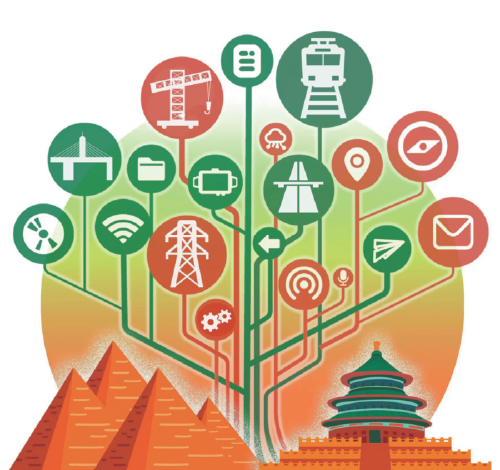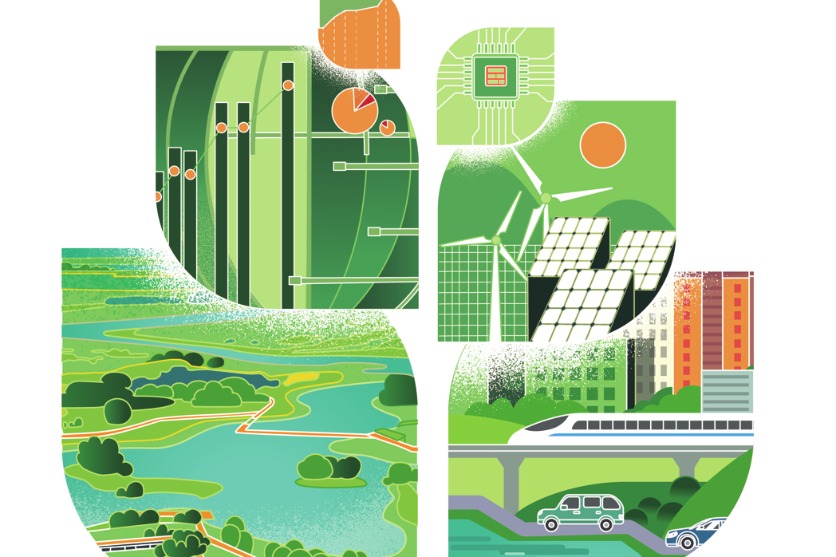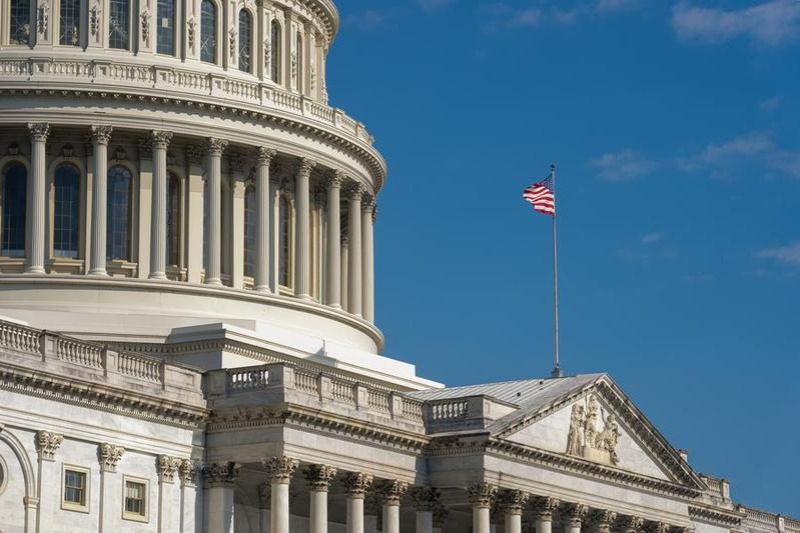Mutual respect, mutual benefit


Africa has focused its attention on China as its development partner
The rise of China-Africa relations constitutes a prominent political and economic trend on the African continent since the end of the Cold War. This is built on the historical friendship between China and Africa that dates back to the 1950s with the Bandung Conference. Now that China is the world's second-largest economy, the amount of trade between China and Africa has hit records in 2021, reaching $254 billion and marking a 35 percent increase compared to the year before. In the first quarter of 2022, trade between China and Africa reached $64.8 billion, 23 percent higher than that in the same period in 2021, according to data from the Chinese General Administration of Customs. China has thus become one of the main partners of the African continent.
The African business climate has improved significantly in recent years. At the time of the last Doing Business ranking published in 2019, Mauritius and Rwanda were among the top 50 best countries in the world in terms of attractiveness. In addition, several countries such as Morocco and South Africa have seen their performance in this field grow continuously over the years. Therefore, the strong cooperation between China and Africa has encouraged the growth of Chinese investment on the continent.
Despite the pandemic, Sino-African cooperation has maintained its strong momentum. The Chinese investment covers a range of sectors from public works to telecommunications. Chinese investment has even continued to grow despite the current pandemic and other crises. In 2020, China invested nearly $2.96 billion in Africa, an increase of 9.5 percent compared to 2019.
China approached the African continent carrying the torch of win-win partnership. Indeed, the Belt and Road Initiative has displayed prodigious potential for win-win cooperation, in spite of the challenges and external criticism. With the support of the Chinese government, private entrepreneurs play a major role in the construction of links with Africa that offer, in return, a large market for Chinese manufactured goods.
Between Jan 1 and March 31,2022, Chinese imports from Africa increased by 29.3 percent to $29.7 billion. During the same period, Chinese exports to the African continent amounted to $35.16 billion, representing an increase of 18.2 percent over one year. Africa exports mainly mineral fuels, crude material and manufactured goods to China while importing primarily machinery and manufactured intermediary and consumer goods.
The intensification of China-Africa relations is due to the symmetry of the balance of power, equality, mutual benefit, sovereignty, and non-interference. The implementation of the Belt and Road Initiative is helping to advance connectivity across the African continent and stimulate intra-African commerce. Additionally, it is generating opportunities for infrastructure development. The initiative also aims to help to advance the African Union's Agenda 2063 by opening new financial avenues for the continent's main integration projects.
The priorities of the Belt and Road Initiative are set with no ambiguity: policy coordination, facilities connectivity, unimpeded trade, financial integration, and people-to-people bonds. In terms of financial integration and the maintenance of solid trade relations, the initiative foresees providing capital loans and technical financial instruments, as well as establishing economic corridors and trade agreements. To improve its connectivity to foreign partners and potential cooperative international actors, the Belt and Road Initiative places great emphasis on financing and co-financing large infrastructural projects including roads, railways, ports and pipelines. Additionally, it also touches on telecommunications networks, allowing the establishment of important development zones. In terms of policy coordination, the initiative plays a major role in the negotiation and implementation of diplomatic agreements, activities and policy programs.
In Africa, under the framework of the Belt and Road Initiative, roads, railways, bridges, hospitals, schools and airports, among other facilities, have been constructed, which has boosted trade, increased jobs, improved transport, education and health services among African countries. Today, African countries have seized the tangible potential of the initiative to improve intra-African trade and strengthen their global supply chains, demonstrating great openness and commitment toward achieving common development goals with China.
Among the specific examples we can provide of this performance, Morocco has a similar pathway of economic cooperation and embraces the same values of the diplomatic practice as China's foreign policy. According to the China MED Report (2019), Morocco, like the other African supporters of the Belt and Road Initiative, was able to rationally assess the positive outcomes of the initiative, without ignoring all the possible risks. Morocco has indicated its readiness to play an active role within the initiative, based on its African, Mediterranean and Arab characteristics. Since both nations promote the importance of the South-South cooperation ties, they have committed to an inclusive approach to global connectivity in the initiative's critical dimensions, notably in terms of policy, infrastructure, trade, finance and people-to-people connections. Within the framework of the friendly relations between the two countries and the open dialogue between His Majesty King Mohammed VI and President Xi Jinping, major strides have been made in the development of bilateral relations. Morocco is indeed an important participant in the Belt and Road Initiative in the African continent and provides a tangible demonstration of its instruments, notably economic cooperation through bilateral trade agreements, direct investment and the co-financing of infrastructure projects as well as diplomatic proximity through the establishment of a Confucius Institute in the capital, cultural events, and academic exchange programs. It is also important to mention the substantial cooperation between the two countries in the context of the COVID-19 pandemic in terms of China's provision of vaccines.
The author is founder and president of the Amadeus Institute, Kingdom of Morocco. The author contributed this article to China Watch, a think tank powered by China Daily.
Contact the editor at editor@chinawatch.cn


































